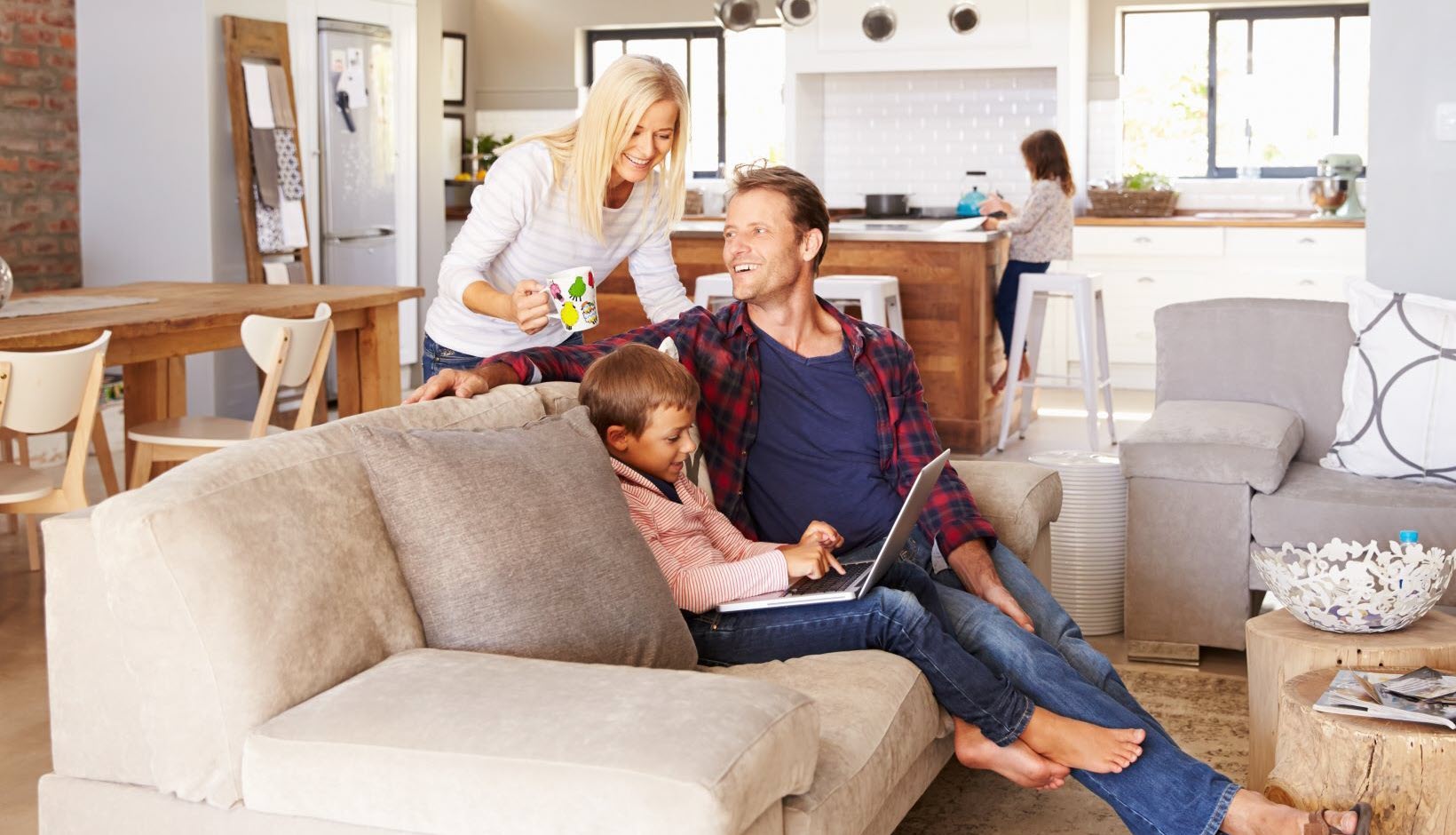
A house is where your life evolves, your aspirations take root, and your memories are created, not only four walls and a roof. Selecting the ideal one for your way of life goes beyond mere square footage or location to include selecting a place that fits your daily requirements and personality. The search for the ideal house may be as thrilling as it is intimidating, regardless of your dreams—an urban apartment or a calm suburban hideaway. Seek designs that best enhance flow between rooms, storage, and natural light. Look at features like built-in storage or multipurpose spaces that can fit your evolving demands. The ideal house not only boasts the appropriate level of room but also makes good use of it — which can also increase appeal when it’s time to sell house in Philadelphia, PA.
Unpacking Your Priorities
Think about what most matters to you before you even begin looking at postings. Is it close to a job or a school? A lively communal atmosphere? Perhaps it’s all about having a large backyard for your dog or a free-plan kitchen for gatherings. Your priorities will be like a compass, pointing you in the direction of the houses best suitable for your way of life. Tell others straightforwardly what is negotiable and what is not. If you enjoy cooking, an old, tiny kitchen might seem like a deal-breaker. If you enjoy exercise, your priority can be access to surrounding parks or gym buildings. Though showy elements like granite counters or contemporary light fixtures might easily sweep you away, keep in mind that the foundation of a beautiful house is how effectively it supports your everyday life.
Matching Your Lifestyle to the Neighborhood
The location of the house counts just as much as its actual quality. A beautiful property in a mismatched area might lose appeal very rapidly. Consider the surroundings you would like to live in. Should you want convenience and thrills, a busy city center might be perfect. Conversely, a suburban or rural environment can be more suited for someone seeking peace. Pay close attention to the elements defining the essence of a neighborhood. To sense the community, stroll the space at many times of the day. A neighborhood fit for your way of life may make even a small house seem ideal.
Balancing Space and Functionality
Often a major consideration while looking for a house is space, but more isn’t necessarily better. Spreading out homes might easily attract one, but if those extra rooms are unoccupied, they could start to be more of a liability than a benefit. Consider your usage of the space. Give utility above mere scale priority. A well-designed, smaller house can provide the same ease and comfort as a bigger one. Seek designs that best enhance flow between rooms, storage, and natural light. Look at features like built-in storage or multipurpose spaces that can fit your evolving demands. The ideal house not only boasts the appropriate level of room but also makes good use of it.
Exploring Long-Term Potential
A house should be flexible to suit your changing way of life. Though the future is unpredictable, think about how your requirements could evolve. If you want to have a family, more bedrooms or proximity to decent schools might be top priorities. If you want to age in place, search for single-story houses or easily adaptable elements for mobility requirements. Consider room for repairs or improvements. Although a property with “good bones” might not have all the bells and whistles today, with some renovations, it could become your ideal abode. While determining the worth of a property, keep in mind the expenses of any upcoming projects. A house you can develop with you will not only meet your present requirements but also give comfort and security for many years to come.
Understanding the Financial Fit
Affordability is about making sure your new house fits into your whole financial situation, not only about whether you can pay the mortgage. One can also explore an option like quality townhomes for lease in case of financial restrictions. Count all the expenses—including utilities, insurance, maintenance, and property taxes. If you ignore these hidden costs, an initially reasonably priced house can cause financial difficulties. See a reputable real estate agent or financial counselor to create a reasonable budget for you. Don’t overlook leaving space for future savings or unanticipated expenses. The appropriate house will not only seem great on paper but also provide you the peace of mind derived from knowing you are on a strong financial basis.
Conclusion
Finding a house fit for your way of life is a trip rather than a competition. From choosing your objectives to seeing neighborhoods, juggling space, and thinking about future demands, every action moves you toward a location you will really adore. Your house is really an investment in your happiness, comfort, and future, not only a purchase. Allow your way of life to direct your decisions; you will find a house that not only satisfies your requirements but also surpasses them.